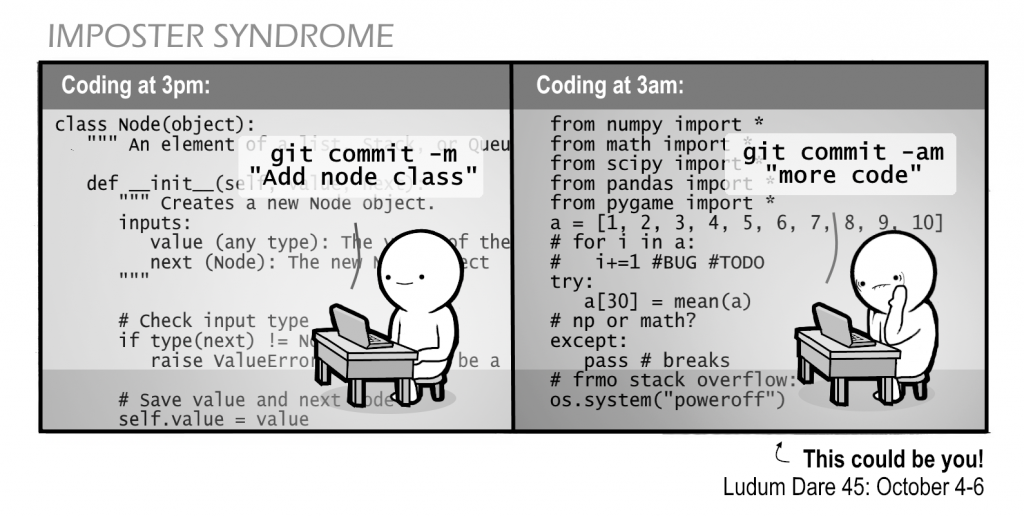Do you want to read? Have no idea where to obtain the books you want to read? Have no idea what to read? Never have time to do it? Don’t have any of those problems but want to kill some time?
I gotchu.
“I have no idea where to find the books I want to read.”
Libraries are perhaps one of the greatest things that exist.
Our school library has a collection of fiction books that I happen to love very much (East of Eden by John Steinbeck, On Beauty by Zadie Smith, Moby Dick by Herman Melville, No Country for Old Men by Cormac McCarthy are just a few of my favorites that are on the shelf). If you’ve read through the entire fiction section of the school library I believe that you will feel a deep sense of inner peace in your heart. DISCLAIMER: I haven’t done this and thus cannot confirm the truth of that but I just…feel it in my bones. Anyhow, feel free to prove me wrong (this would require reading through the entire selection of fiction).
BUT if none of those titles interest you particularly or you’re looking for a specific book that the library doesn’t have, we are within reasonable walking distance of not just one but two (2) free public libraries! The Wellesley Public Library and Needham Public Library are capital F Free to borrow books from, and all it takes is a library card! I cannot endorse getting a library card enough, in part because both libraries are part of the Minuteman Library Network. What’s the benefit of this? Minuteman Library Network has an Overdrive library, which is to say that they have an online catalog from which you can read books ONLINE. IN YOUR BROWSER. DOWNLOADED AS A PDF. SENT TO YOUR E-READER. You don’t even have to return the book; Overdrive will automatically remove your loan after your time is up, so you won’t incur any late fees. But wait! there’s MORE!! The Minuteman Library Network has partnered with several other library networks in the Greater Boston Area/Eastern Massachusetts, so not only do you have access to the MLN Overdrive Library, but like, 10 other network’s libraries as well. This gives you online, free, legal access to basically any book you wish to read (If it’s not there, you can request they obtain it).
“Okay, now I know where to find the books, but I have no idea what to read.”
I have a few recommendations, but I’m only recommending ones that I’ve read or reread within the past 6 months (so you know, we can discuss if you have feelings about them). There are so many others, but I need to start somewhere. Also: I personally really enjoyed these books. If you don’t end up enjoying them there will be no refunds or take backsies, you’re just gonna have to live with it.
East of Eden by John Steinbeck
Steinbeck is one of my favorite authors, if not my favorite. He makes the land come alive, and his stories always strike something deep within me that makes me feel like more of a Human Being. This is my favorite work of his. 5 of 5 stars.
The Grapes of Wrath by John Steinbeck
A story of resilience, hope, displacement, family, the land and the people of the United States of America, and how we sustain ourselves and one another, among other things. 5 of 5 stars.
Fleishman is in Trouble by Taffy Brodesser-Akner
The novel debut of the author, one of my favorite journalists and profile writers. A modern novel (just came out this summer!) about marriage, divorce, love. The writing is sarcastic, observant, critical, and compassionate. Thoroughly enjoyable to read (and maybe more accessible than the books I’ve already mentioned). 4 of 5 stars.
On Beauty by Zadie Smith
I was in China this summer and spent 8 hours in a café reading this book. I skipped lunch. I cried in public like 4 times. I laughed to myself with total disregard for embarrassment. Another modern novel about marriage, divorce, love, family. This book made me appreciate my mom a lot more. Probably my favorite book I’ve read this year. 5 of 5 stars.
Severance by Ling Ma
Another modern novel, but this time not about marriage or divorce. Somewhat sci-fi apocalyptic in premise. A bildungsroman. Yeah, I cried to this one, too. 4 of 5 stars.
Sapiens: A Brief History of Humankind by Yuval Noah Harari
A non-fiction book! Had me thinking about SO much stuff I’d never considered before, and if that’s not the mark of a good book, what is? I learned a lot. Structured well and written in a very accessible way. Good/5 stars.
Weapons of Math Destruction by Cathy O’Neil
Another non-fiction book, which was the Olin summer reading book the year before this one. I’m not supposed to give my opinion (lol) but I think it’s got a lot of great content that everyone at Olin should be aware of and have floating in the back of their heads, or in the front. Also Good/5 stars.
Crime and Punishment by Fyodor Dostoevsky
I think about this book all the time. A classic for good reason. It’s good, really good. 5 of 5.
The Count of Monte Cristo by Alexandre Dumas
If you’ve ever wanted to read a like, 5 season TV drama as a book, this book is like that. Entertaining to read, and the embodiment of a dish served cold. 3 of 5 stars.
Pride and Prejudice by Jane Austen
I finally got around to reading this one and it wasn’t at all what I expected. If you like flirtatious banter in 1800’s British aristocratic society, this is the book for you. If TCoMC is a drama, this one is a RomCom. 3 of 5 stars.
Additionally, here are books that I am reading or plan on reading Soon™:
- Spring Snow by Yukio Mishima
- Range by David Epstein
- On Earth We’re Briefly Gorgeous by Ocean Vuong
- The Solitude of Prime Numbers by Paolo Giordano
- Normal People by Sally Rooney
“Okay, yeah alright, that’s all well and good but I don’t even SLEEP these days and you must be delusional to think I have time to slog through a 700+ page book like Moby Dick or Crime and Punishment or literally anything that will take me longer than 15 minutes to finish.”
That’s fair, we’re all busy people. If reading and finishing a book is something you want to accomplish, make it a goal to read 5 pages a day during a meal or on the toilet (maybe don’t do this one with library books). Maybe before you sleep, in which case, you’ll either fall asleep to the book or you’ll read exactly 5 pages or you’ll get engrossed in the book. There’s no losing scenario I can conceive of (but I’d be happy to learn about your losing scenarios).
If reading and finishing a book isn’t something that interests you, but you still enjoy reading, there are some very talented journalists and short-form writers (ok I don’t know if this is the correct terminology but I’m gonna roll with it) out there that put out some thought-provoking, moving, or just plain enjoyable to read articles and/or short-form pieces. These take generally 5-20 minutes to read, and are much easier to consume in one sitting. Here are some pieces I thought were Good for some reason or another and journalists I look forward to reading on a semi-regular basis:
Taffy Brodesser-Akner wrote Fleishman is in Trouble, and is one of my favorite celebrity profile writers. What’s a celebrity profile? It’s a partially biographical piece written usually after a 2-3 day interview, and when done well, makes me feel like I’ve learned more about myself, as well as about the person in question. Here are two of the ones written by Brodesser-Akner, and another one that isn’t:
I always look forward to what Jia Tolentino writes for The New Yorker (and she has a new book out that I haven’t gotten around to reading yet that’s in the school library!). Here are some of her recent articles that I’ve enjoyed:
Two recent articles in The Economist that I valued reading:
If you got here, dang bro. That’s a lot of reading you just did. Hopefully this was helpful. Send me your book and article recommendations. I’ll send you more if you want them.
 You need to meet Jenny Chow. She’ll be visiting in late October and you’re going to love her.
You need to meet Jenny Chow. She’ll be visiting in late October and you’re going to love her.